ESMTB 2020 Board Election Candidates
 Tom Britton
Tom Britton
Stockholm University, Sweden
Over the years my three main research areas have been epidemic modelling (both theoretically and applied to specific diseases), phylogenetics/genetics and network modelling. My background is probability and statistics. Among other things I have been using coupling, weak convergence, branching processes, diffusion theory, martingale theory, survival analysis, inference theory, MCMC and particle filtering, when addressing various problems in the fields mentioned above. The last few months I have been deeply involved in modelling and analyses of Covid-19 and I have frequently been interviewed in both national and international media.
I hold the Cramér chair in Mathematical statistics, at the Department of Mathematics at Stockholm University (Sweden). I did my PhD in the same university, and after this I did a Post Doc with Niels Becker in Australia, followed by Associate professor at Uppsala University (Sweden). I have written just above 100 scientific research papers, have h-index 33 (Google scholar) and have written 3 research monographs, all on Epidemic modelling. I teach 1-3 courses per year at my university, and the last 10 years I have taught in summer schools in 8 different countries. I gave a 35 minute public lecture on Epidemic modelling and Covid-19 in mid-March 2020 which was recorded and now has >100k views. I am currently the chairman of the Cramér Society (the Swedish academic statistical society). I have been associate editor for Journal of Mathematical Biology for 10 years, and have recently accepted to become a Deputy Editor for PLoS Computational Biology. For more details see my web-page: https://staff.math.su.se/tom.britton/
As a member of the ESMTB Board, I would particularly engage in
-
bridging the gap between biomathematics and its connections to applications, e.g., by promoting the use of data to motivate problems or to be used in the analysis
-
promoting both deterministic and stochastic models of biological systems
-
keeping close ties between theoretical and mathematical biologists on the one hand, and the mathematical community at large on the other.
I believe that ECMTB conferences as well as summer schools are instrumental in increasing research activities and fostering new generations of mathematical and theoretical biologists.

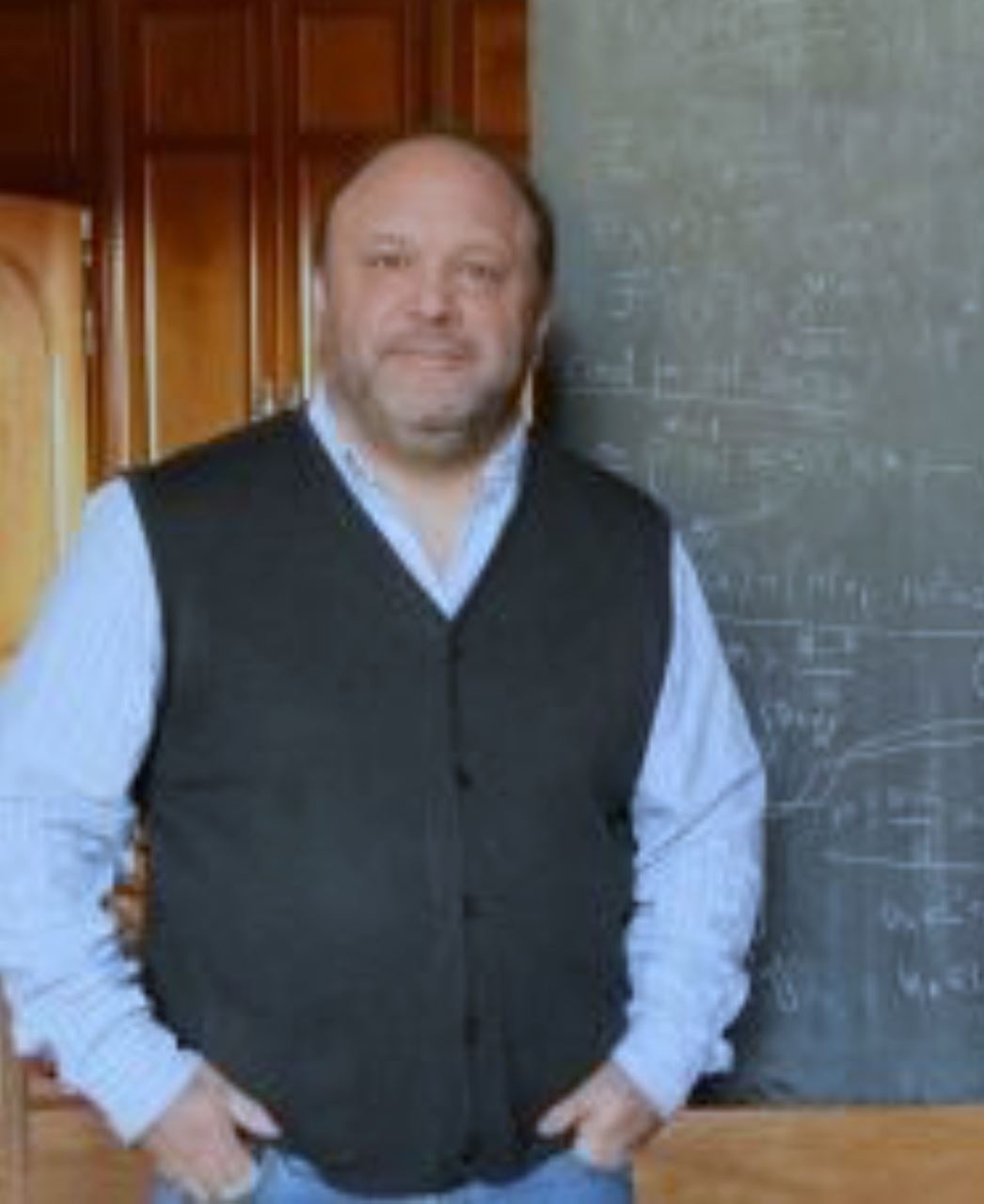 José A. Carrillo
José A. Carrillo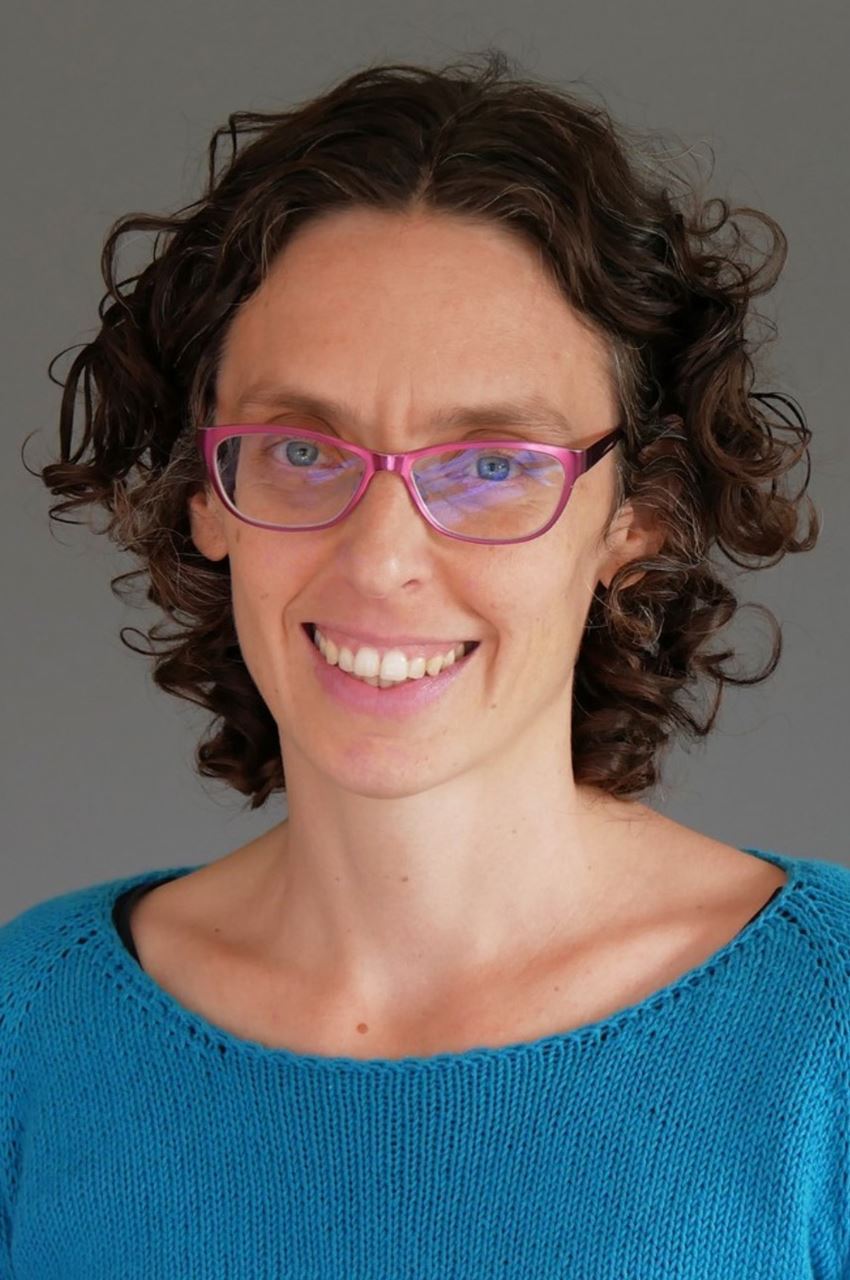 Elisenda Feliu
Elisenda Feliu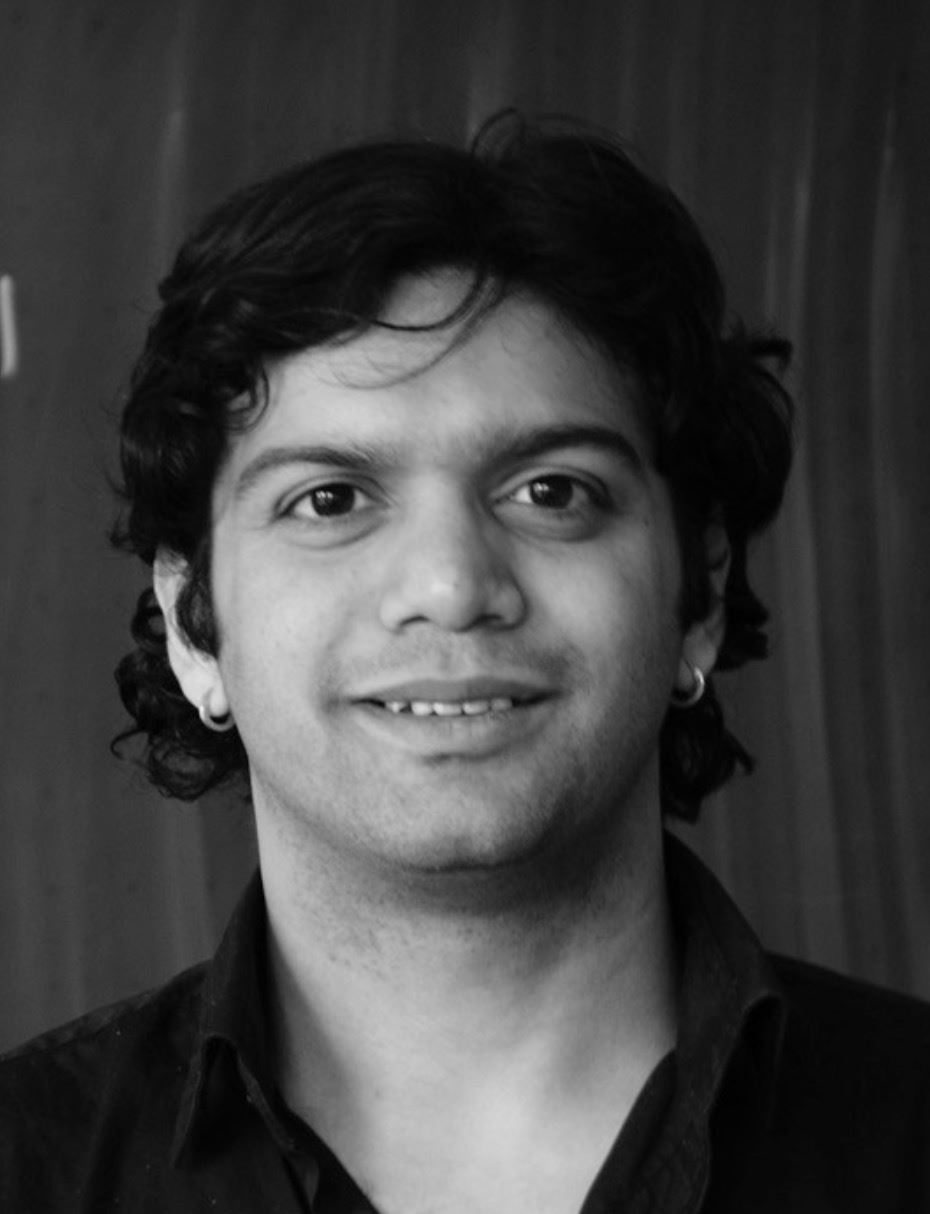 Chaitanya Gokhale
Chaitanya Gokhale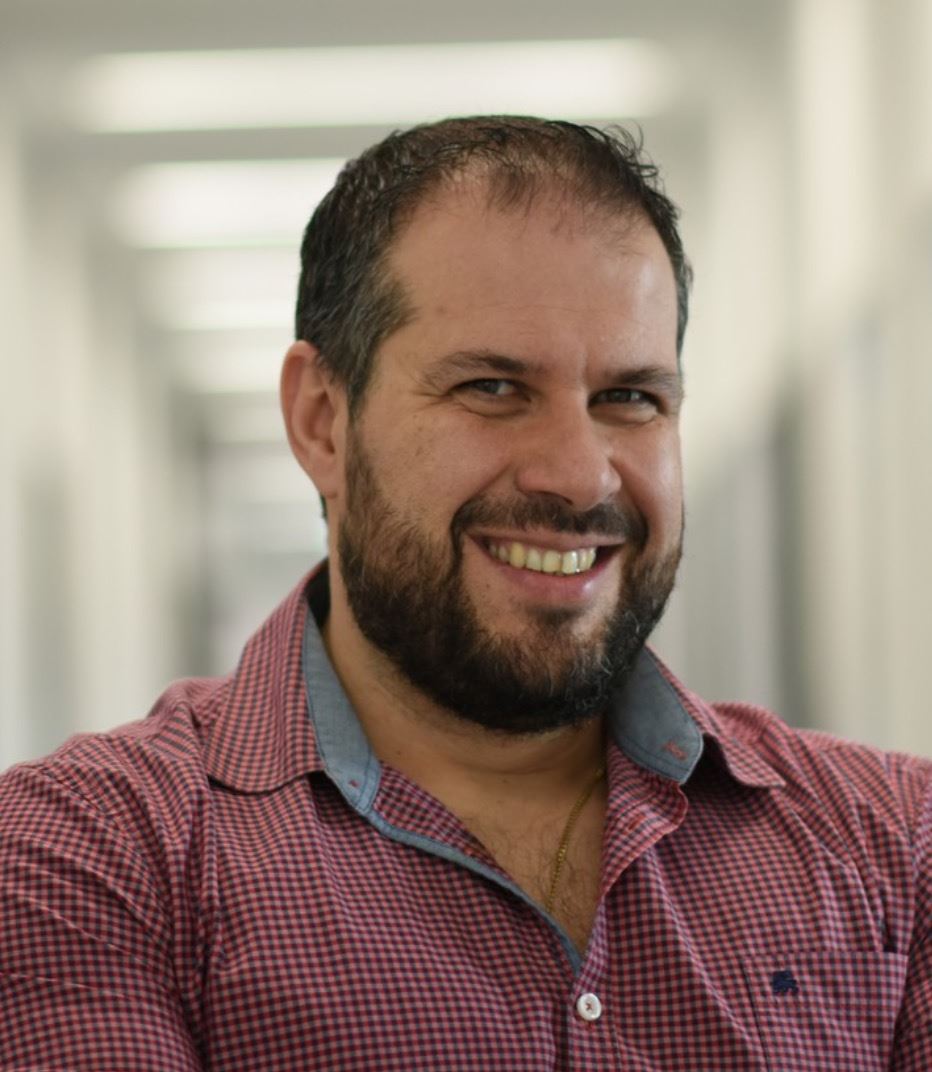 Haralampos Hatzikirou
Haralampos Hatzikirou Tommaso Lorenzi
Tommaso Lorenzi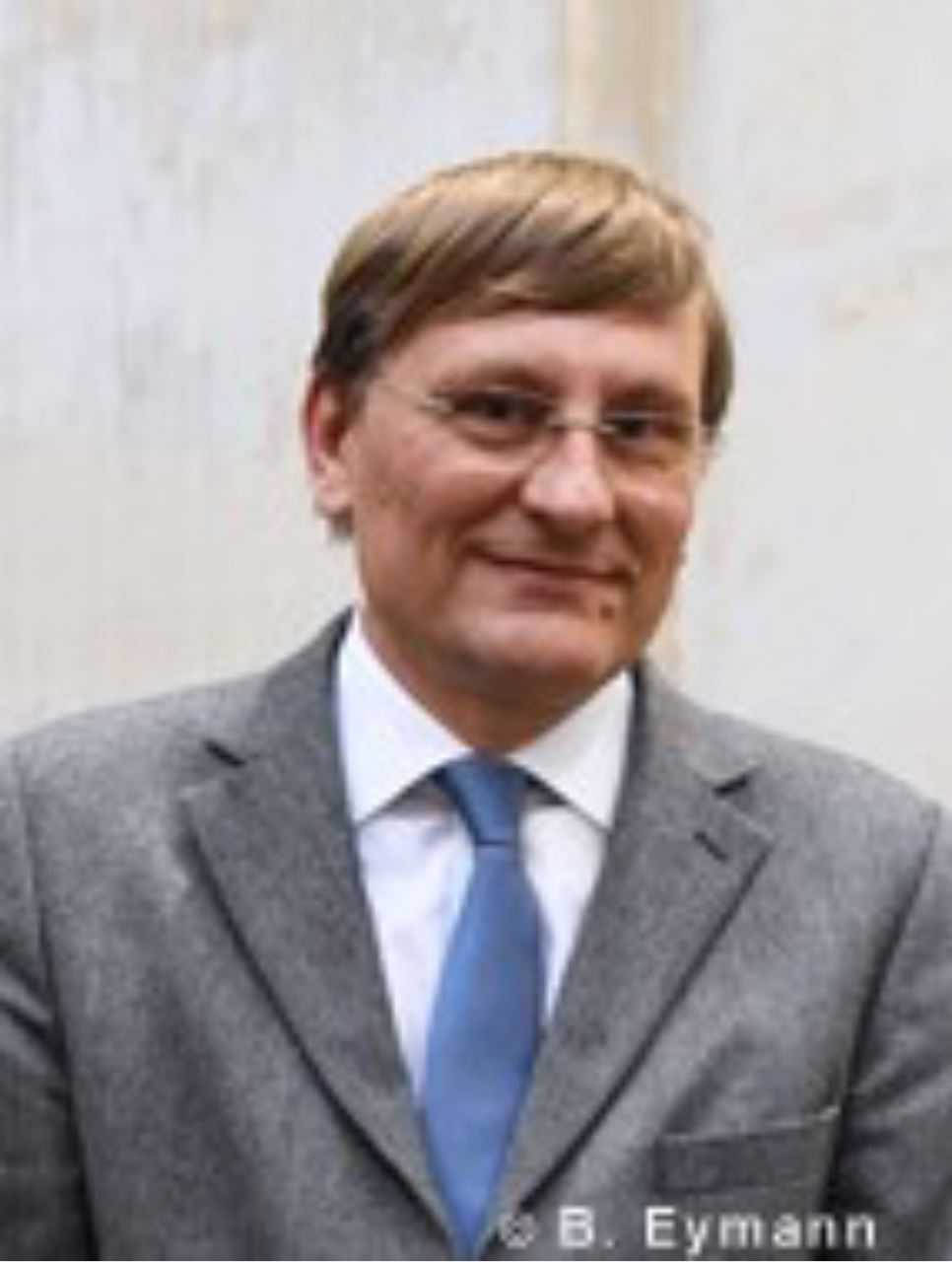 Benoît Perthame
Benoît Perthame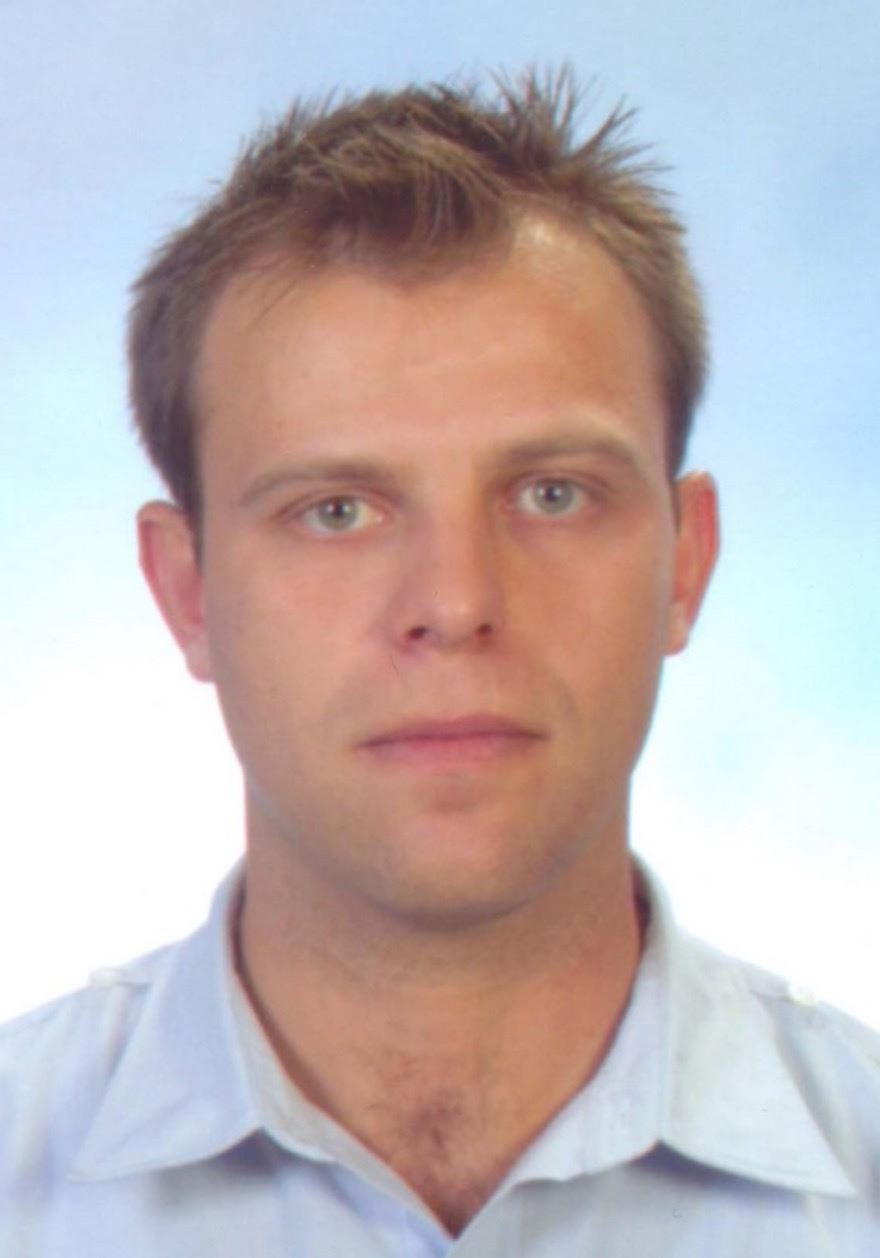 Nikolaos Sfakianakis
Nikolaos Sfakianakis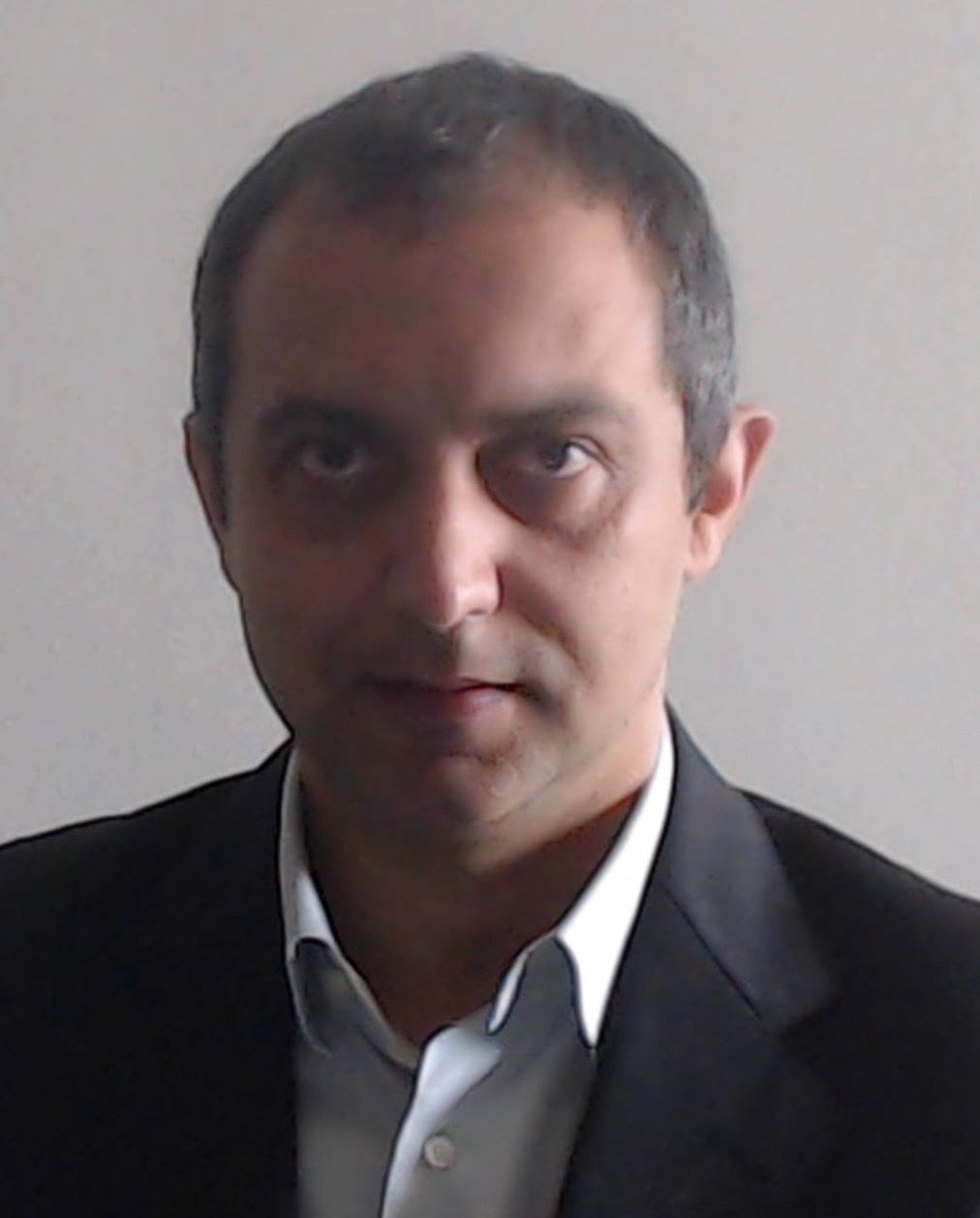 Constantinos Siettos
Constantinos Siettos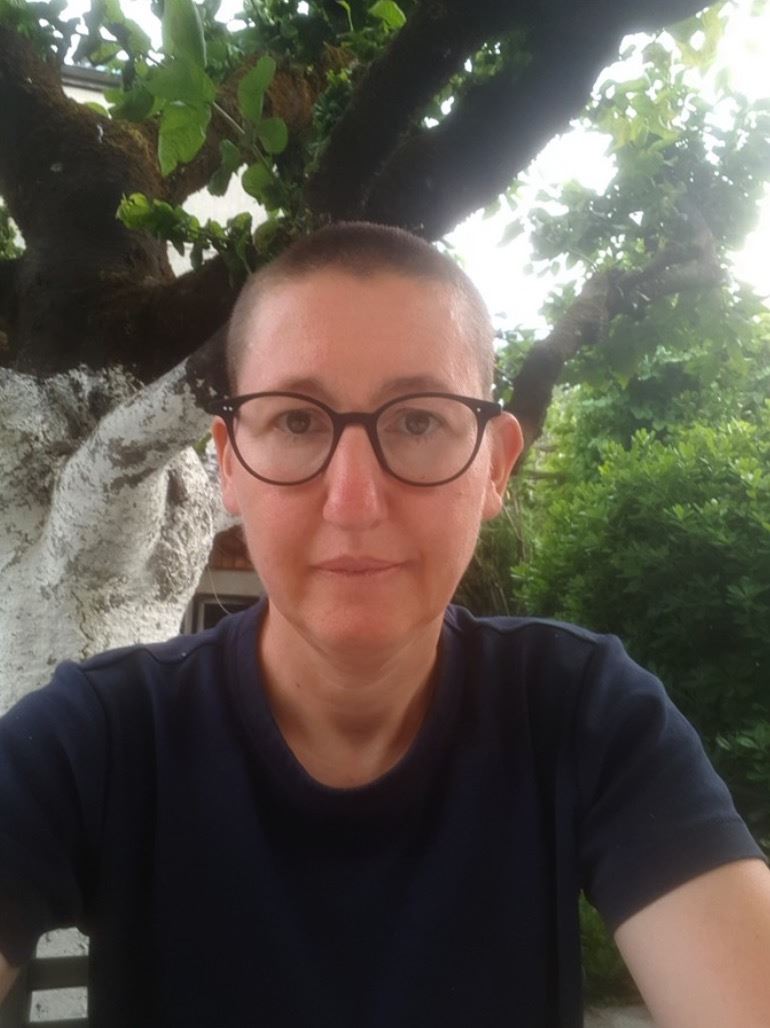 Angélique Stéphanou
Angélique Stéphanou